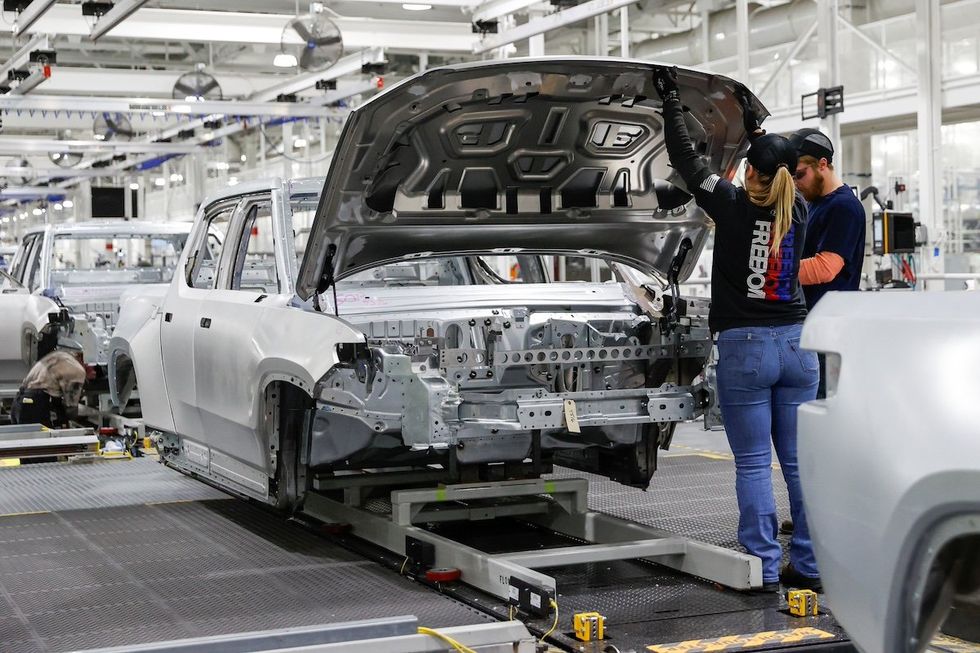Asian electric vehicles surged at the end of 2023 in both the United States and around the world, raising questions about the feasibility of North American plans to profit from the conversion to electric transport.
In the US, Hyundai and Kia came second to Tesla in sales, but ahead of Chevrolet and Ford. Hyundai and Kia, which are both manufactured by Hyundai Motor Group, have profited by focusing efforts on low-cost sedans, unlike American manufacturers, who have emphasized SUVs and pick-ups.
Globally, Chinese automaker BYD outsold Tesla in the final quarter of 2023 by cutting prices. BYD, which makes its own batteries, is seen as a growing force in the international market, second only to Tesla.
EV sales are up in the crucial US market, although the transition is slowing. The softening market and growing strength of Asian competitors are raising questions among auto executives about the shift to EVs. Both Joe Biden and Justin Trudeau’s governments are spending huge amounts on tax incentives and manufacturing credits to create jobs at home while pushing to cut emissions through EV sales.
In Canada, the auto parts industry is expressing skepticism about the feasibility of the Trudeau government’s target of 60% of sales by 2030, which is more aggressive than Biden’s 50% target. Analysts say the only way the targets can be met is if a large number of Chinese vehicles are imported.



















